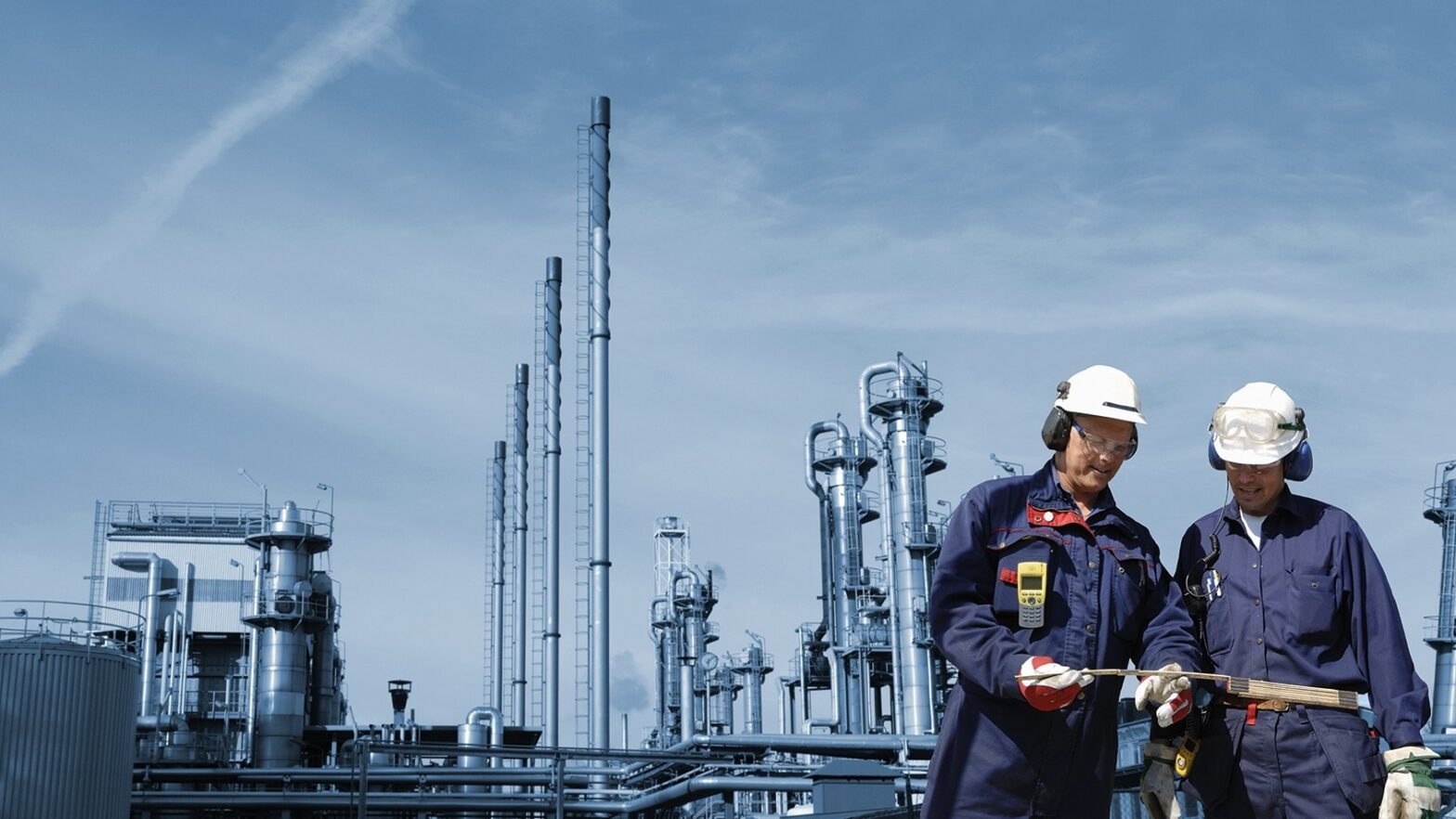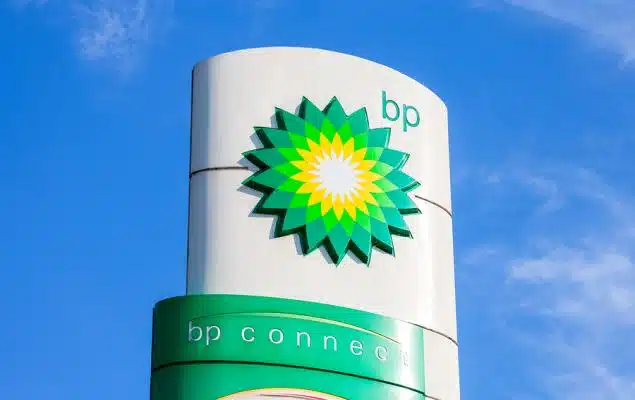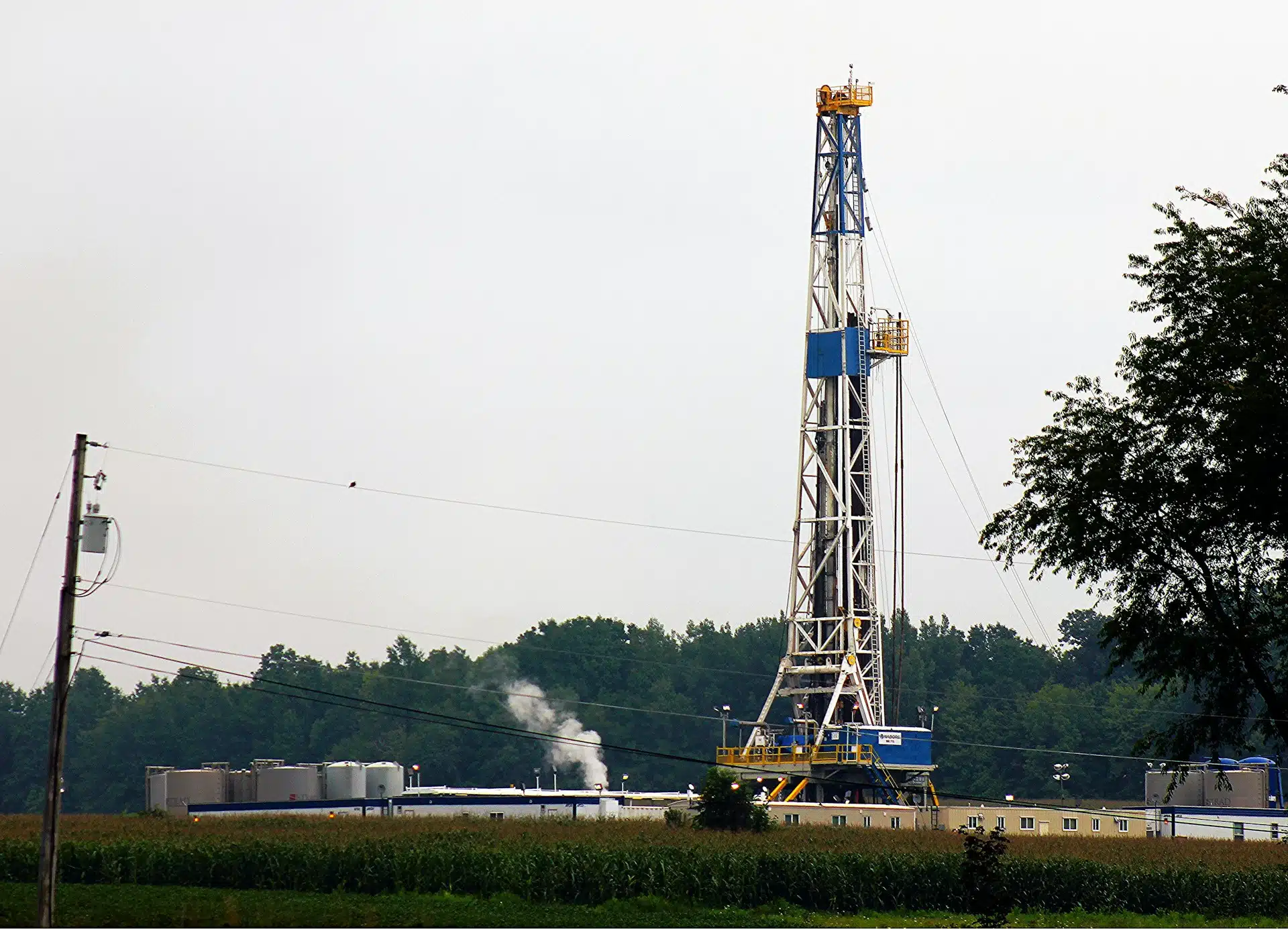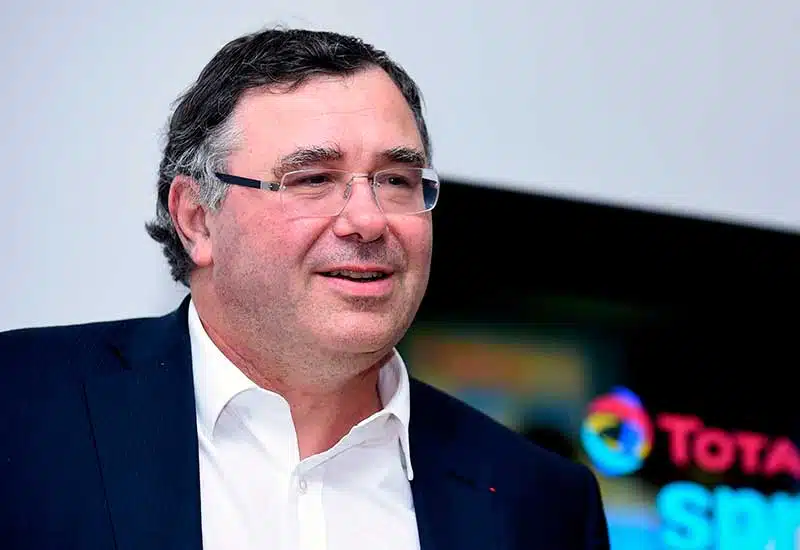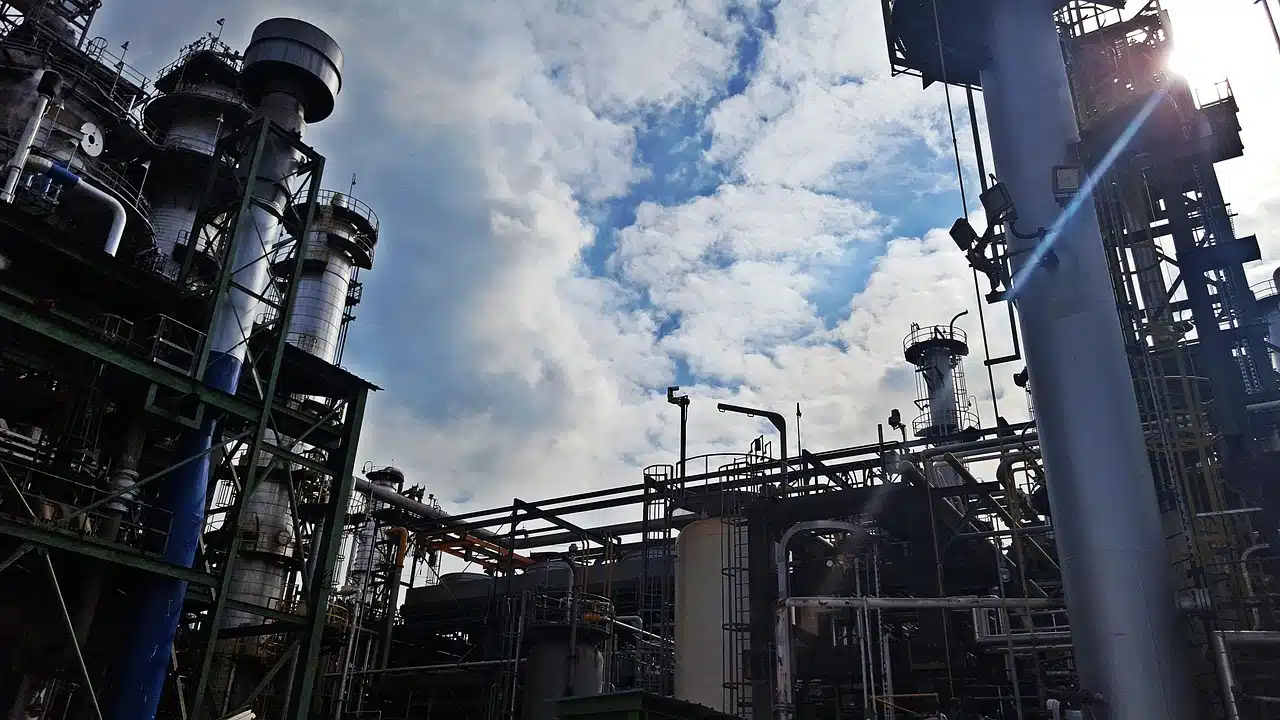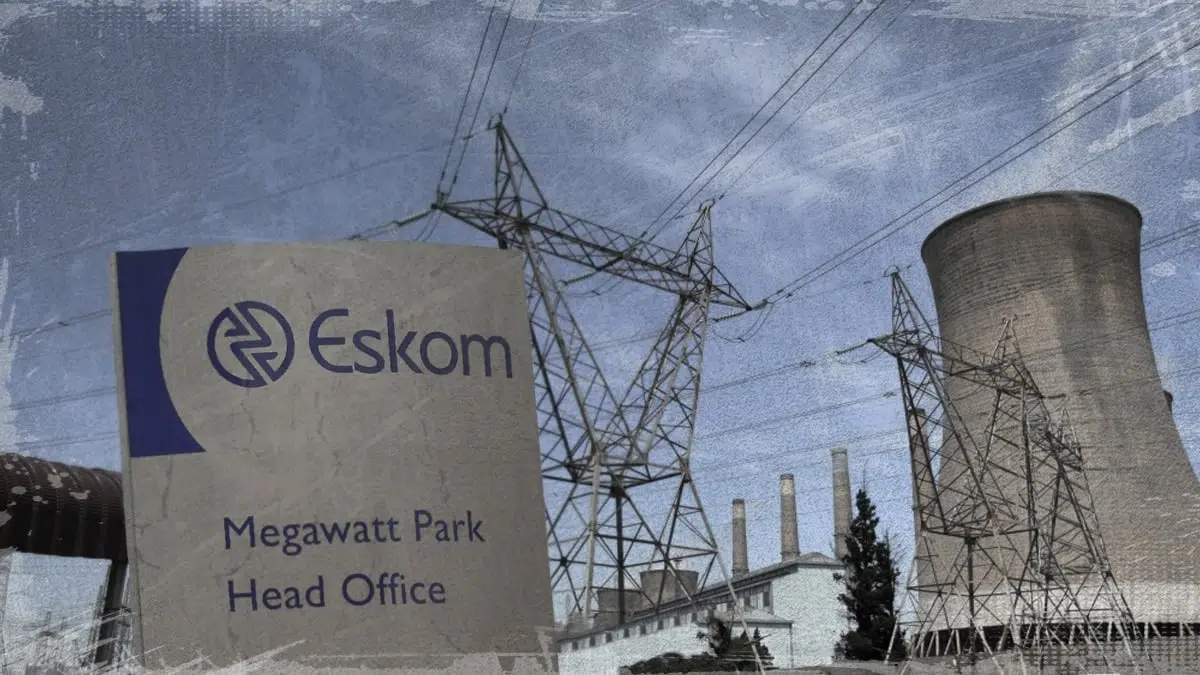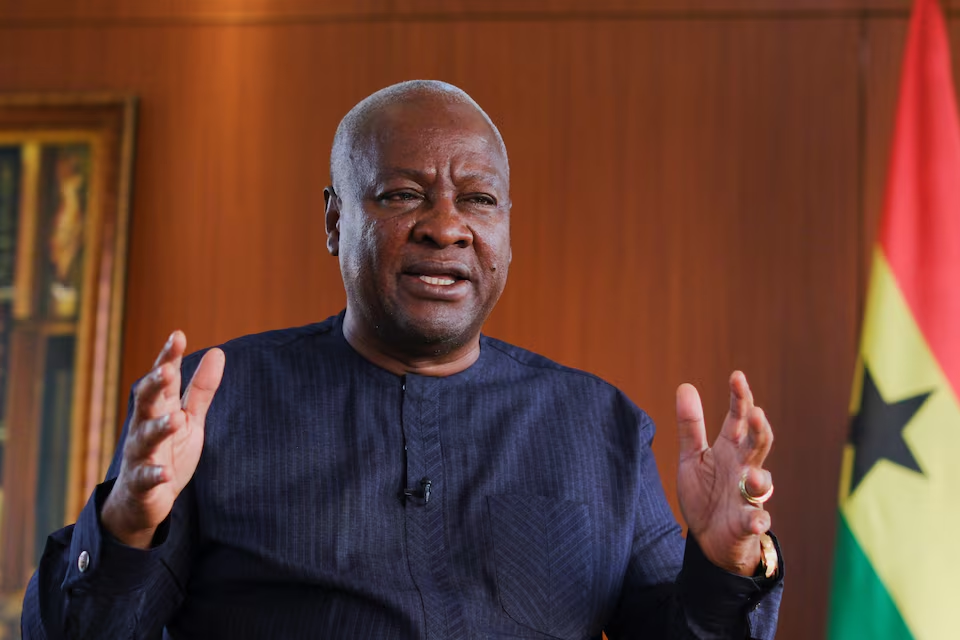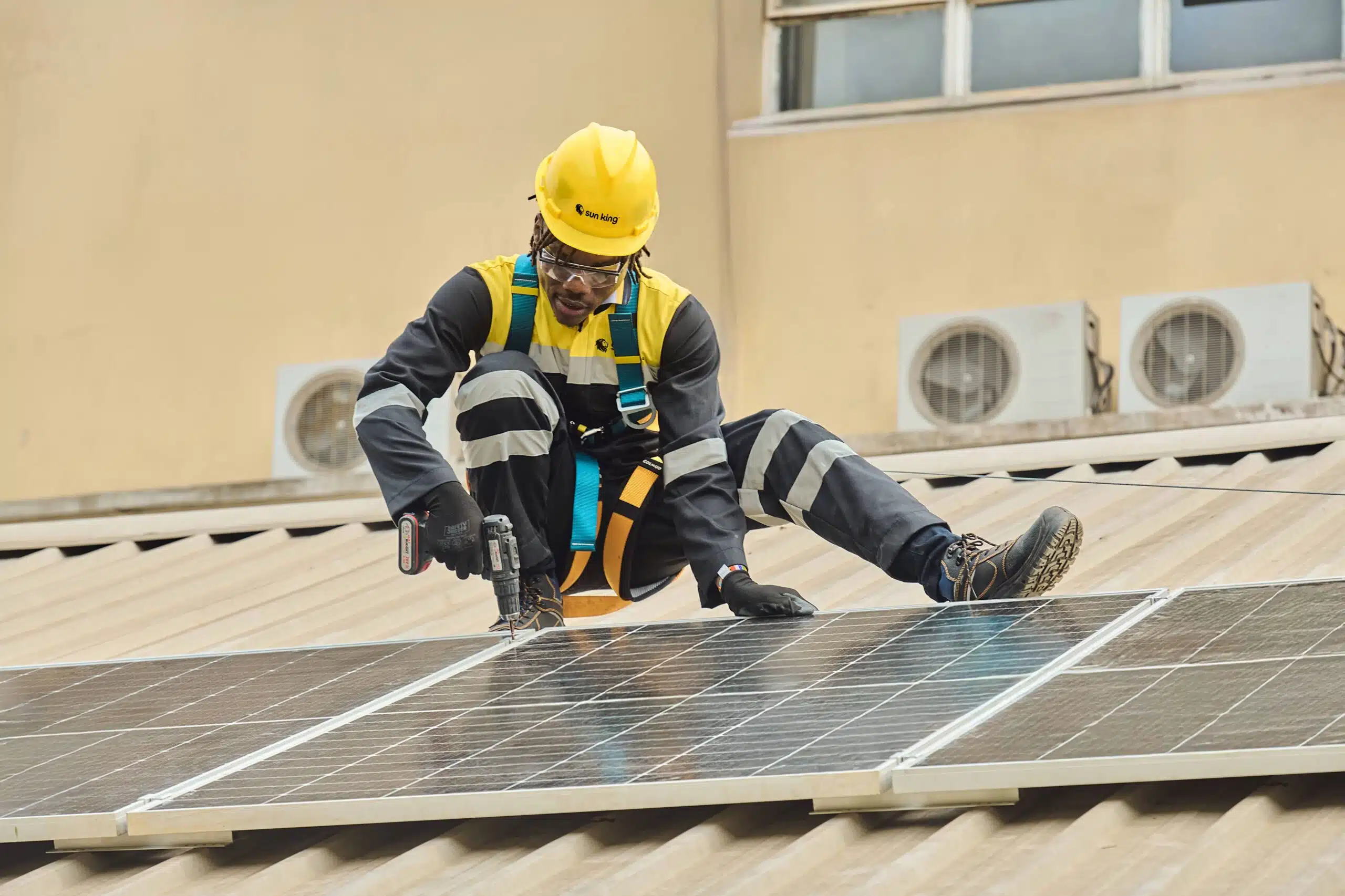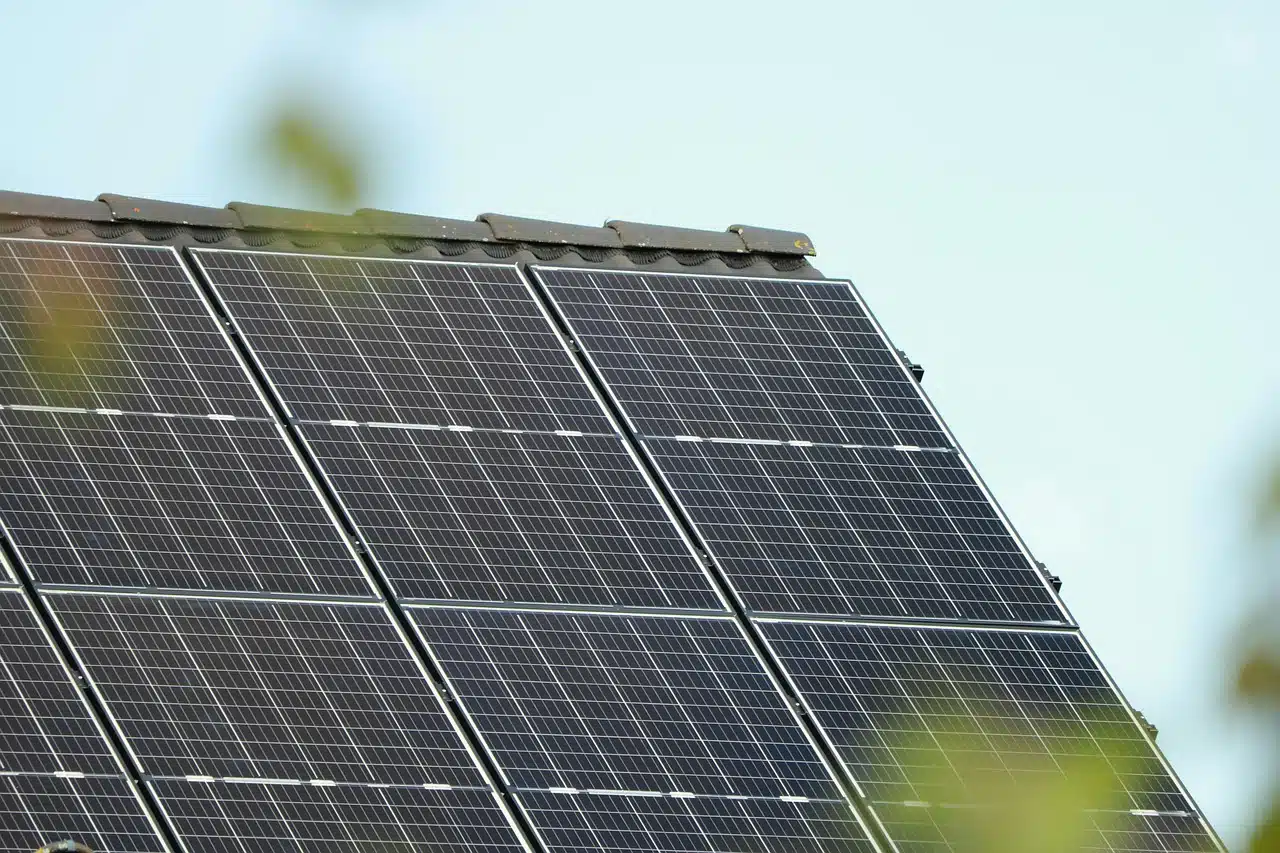The government of Senegal has announced that any future oil and gas development projects must meet the country’s national laws and strategic environmental standards.
Minister of Energy, Petroleum, and Mines Birame Souleye Diop revealed this while presenting the strategic environmental assessment of the oil and gas sector and the Atlas of Senegal’s Marine and Coastal Environment in Dakar.
The ministry is currently renegotiating oil and gas contracts to embed environmental protection as a key condition.
“The revision of the Petroleum Code, the adoption of a new Environmental Code taking into account the specific characteristics of the oil and gas industry, as well as the passage of the Local Content Act, illustrate the State’s commitment to developing its resources while protecting the environment and human dignity,” Minister Diop said.
Diop made it clear that any future oil or gas development activity will be contingent upon a prior strategic environmental and social assessment.
After his election in March 2024, President Bassirou Diomaye Faye has pledged to audit existing contracts in the country’s oil, gas, and mining sectors to ensure they are favorable to Senegal.
As a result, Prime Minister Ousmane Sonko instituted a commission in August, comprising legal, tax, and energy experts, to examine existing agreements with foreign investors to determine if revisions are necessary to better serve Senegal’s interests.
While specific details of the audit have not been disclosed, the government says that the goal is not to witch-hunt or nationalize resources but to ensure contracts comply with Senegalese law and promote sustainable development.
The strategic assessment and the Atlas of the Marine and Coastal Environment are seen as essential instruments for reassuring local communities and effectively addressing their environmental concerns related to energy projects.
The comprehensive study was conducted by an interministerial working group comprising representatives from the Ministries of Environment and Energy, with valuable contributions from universities and national research centres.
The project also received support from the Oil and Gas Project Negotiation Support Project, led by GES-PETROGAZ.
It was also granted the authority to hire international experts if necessary for the review process.
Senegal is an emerging oil and gas producer in Africa, and this new policy would help strengthen its commitment to an environmentally responsible approach to its burgeoning oil and gas industry.
In June 2024, the country commenced oil production at the Sangomar field, operated by Woodside Energy.
The field is expected to produce some 30 million barrels of crude this year, according to Senegal’s Ministry of Energy, Petroleum, and Mines.
Also, in January, 2025, gas production began at the phase 1 of the Greater Tortue Ahmeyim LNG project, operated by BP.
Last week, BP announced the successful loading of the first liquefied natural gas (LNG) shipments from the project, marking a major milestone.
This pro-environmental initiative by Senegal mirrors a broader trend among resource-rich African nations.
These countries are seeking to renegotiate terms with multinational corporations to secure better deals and ensure that natural resource exploitation benefits their populations and preserves the environment.



